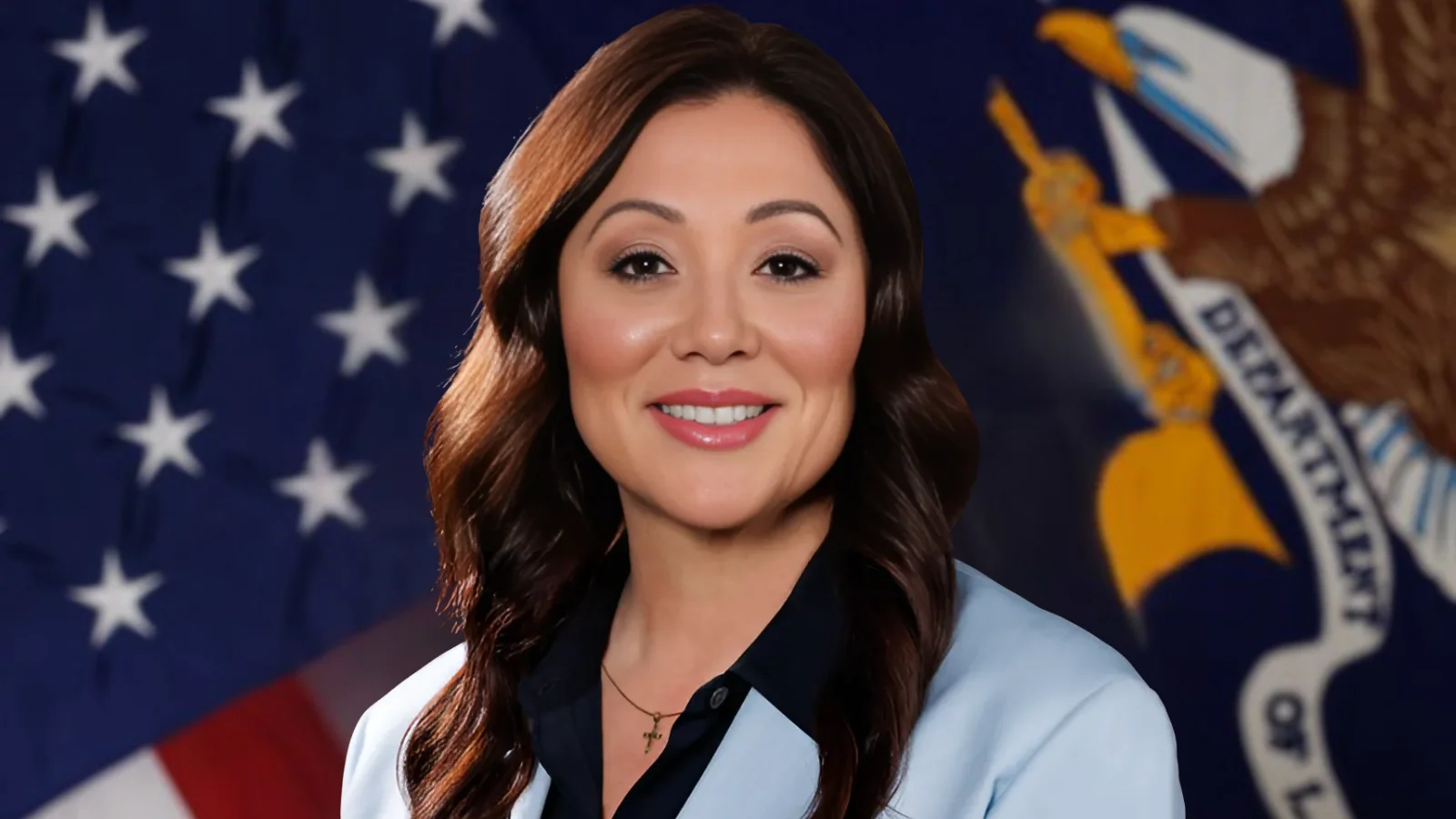Lori Chavez-DeRemer, Secretary of Labor | US Department of Labor (DOL)
Lori Chavez-DeRemer, Secretary of Labor | US Department of Labor (DOL)
The Michigan Unemployment Insurance Agency (UIA) has begun collecting overpayments from claimants following the resolution of a lawsuit that had paused such actions for more than three years. UIA Director Jason Palmer explained in a column published by The Detroit News that unemployment benefits are crucial for many families, but the agency is also required by state and federal law to recover funds distributed in error.
Palmer stated, "First, it is not unusual for UIA to collect overpayments. We do it all the time, supported by state law and federal rules that require us to get the money back. Indeed, a principle of unemployment insurance is balancing timely payments to people in need with maintaining program integrity."
According to Palmer, the agency was prevented from collecting overpayments due to a 2022 lawsuit where a judge approved a freeze on repayments dating back to March 2020. This restriction ended after a final settlement this summer, allowing UIA to resume its legal obligations.
He wrote, "Last month, after the lawsuit was settled, we started reaching out to claimants, reminding them of their balances and asking them to repay any benefits they should not have received. Not requesting repayment since 2022 has confused claimants, delayed employer credits, jeopardized our federal funding, and impacted the stability of the UI Trust Fund, the pool of money that ensures benefits are there for the next worker in need."
Palmer noted that before resuming collections, UIA waived many overpayments related to pandemic-era programs. Current collection efforts focus on cases where individuals did not provide required employment or income proof; continued certifying for benefits despite returning to work; failed to report earnings; or did not meet work search requirements.
"In these situations, we have a legal and fiduciary duty to recover the funds. The unemployment trust fund is taxpayer money, and we must be responsible stewards of it," Palmer said.
Claimants facing collections can apply for financial hardship waivers or request reviews if they believe an error caused their overpayment. Each case will be individually reviewed.
UIA is also implementing reforms aimed at improving customer service and transparency. These include streamlining appeals processes, redesigning communications in plain language, expanding advocacy services for both claimants and employers at no cost, and launching a new computer system expected in summer 2026.
Palmer emphasized: "These reforms all share a common goal of balancing legal and program requirements with support for claimants. The UIA must protect the trust fund, and we must also never lose sight of the fact that behind every claim is a person, a family, and a story."
He concluded: "That’s the kind of agency Michigan deserves, and that’s the kind of agency I am determined to lead."





 Alerts Sign-up
Alerts Sign-up